Alpine Alpenglow Hy4 Concept with 4-cylinder Hydrogen-Powered Engine Unveiled Globally
Alpine Alpenglow Hy4 will take part in demonstration runs during the 92nd 24 Hours of Le Mans, which will be held on June 14 and 15, 2024.
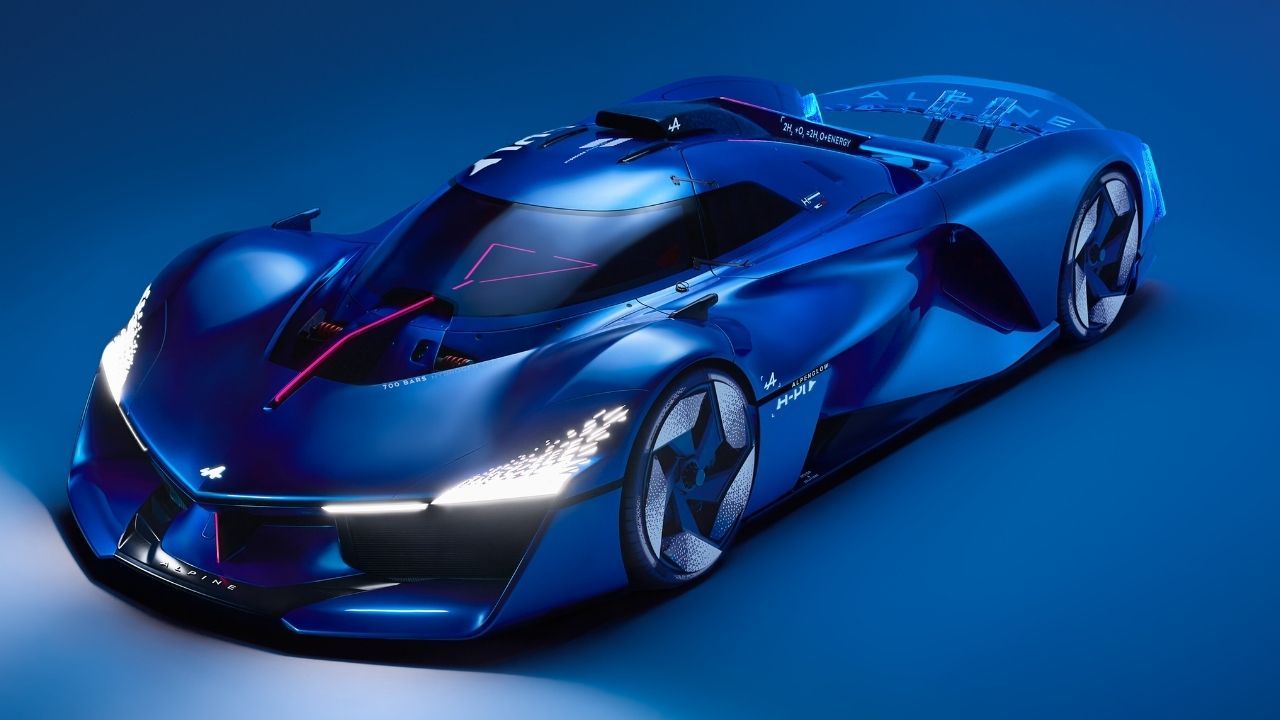
Alpine unveiled its first-ever hydrogen internal combustion engine supercar, the Alpenglow Hy4, during the World Endurance Championship weekend at SPA. At the forthcoming 92nd edition of Le Mans, the Alpine Alpenglow Hy4 will be on display for demonstration runs. This is a huge step forward for eco-friendly transportation, as Alpine uses H2ICE technology when the worldwide market for electric vehicles is slowing down.
Bruno Famin, VP of Alpine Motorsports said: 'As part of our active participation in decarbonising motorsports, we see the hydrogen internal combustion engine as an extremely promising solution. We know that hydrogen will be an essential step in decarbonising the next generations of Endurance cars, and could also be for Formula 1 cars, particularly by switching to liquid storage for greater compactness and performance. The Alpenglow prototype perfectly illustrates this, a genuine technological laboratory for developing tomorrow's hydrogen engines.'
Also Read: F1: Ferrari Using Filming Days to Test Imola Upgrades at Fiorano
Alpine Alpenglow Hy4: Details
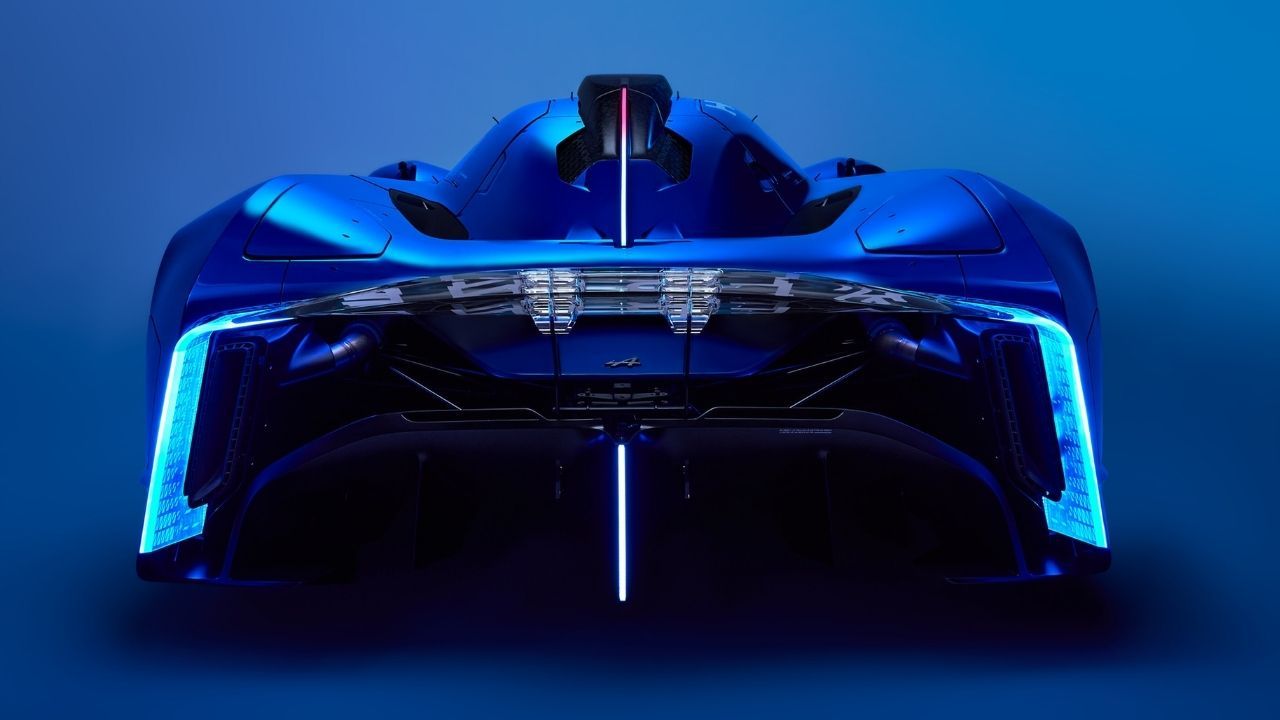
The Alpenglow HY4 is a running and driving laboratory built around a carbon fibre monocoque and powered by a turbocharged, 2.0-litre four-cylinder engine that develops 340 horsepower. The engine burns hydrogen, has a 7,000-rpm redline, and is bolted to a sequential transmission with a centrifugal clutch. Alpine claims that its performance is on par with a gasoline-powered 2.0-litre four and quotes a top speed of 167 mph. Burning hydrogen instead of gasoline is harder than it sounds, however.
Hydrogen reaches the cylinders in gas form, so it's more difficult to create a homogeneous mixture than when working with a liquid fuel. Safety Alpine stores hydrogen in three 700-bar tanks integrated into the sides and the rear of the Alpenglow. A pressure-regulating system gradually lowers the pressure from 700 to 200 and finally 40 bars before the hydrogen reaches the engine.
Also Read: F1: Sebastian Vettel to Drive Senna's 1993 McLaren MP4/8 at Imola Grand Prix
Alpine chose to bypass the fuel cell for the Alpenglow HY4. It notes that burning hydrogen, rather than using it to make the electricity needed to zap a motor into motion, has several advantages. It notably feels similar to a gasoline-burning engine from the driver's perspective, and it sounds similar from the spectator's perspective. This technology is also easier to cool and delivers excellent efficiency under heavy loads.
At the 92nd 24 Hours of Le Mans, which will take place on June 14 and 15, 2024, Alpine Alpenglow Hy4 will also participate in demonstration runs.
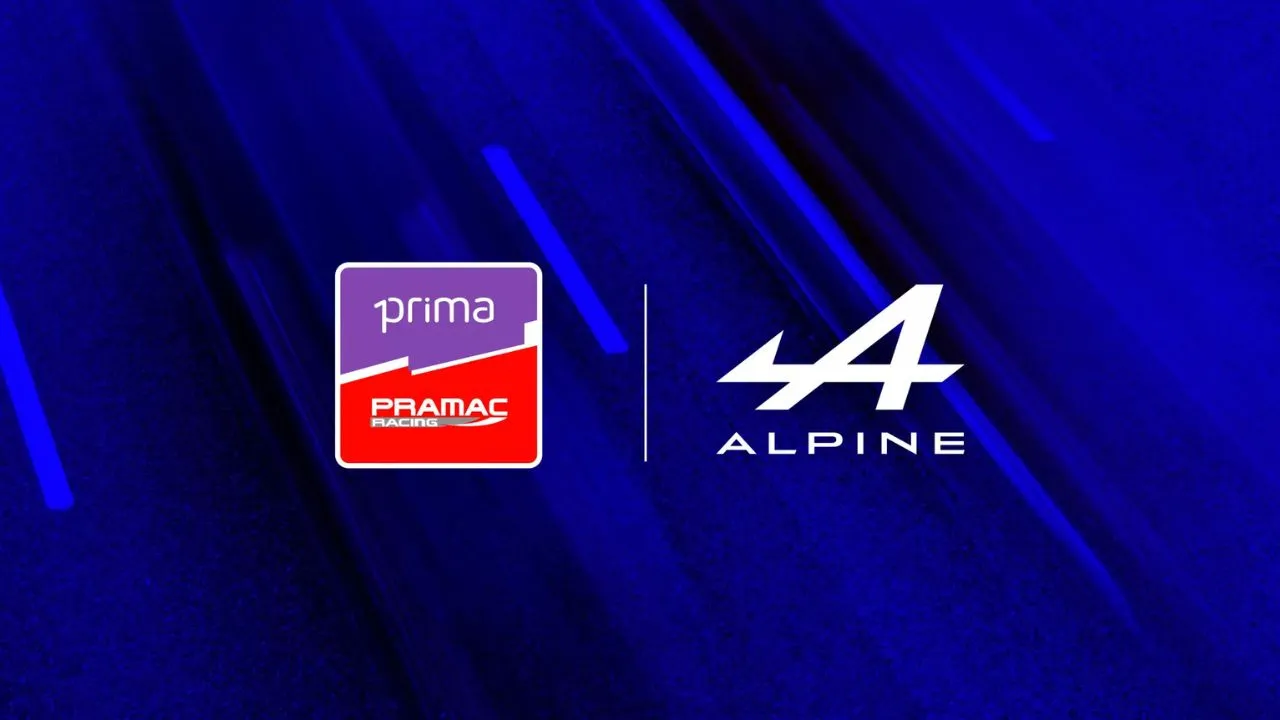
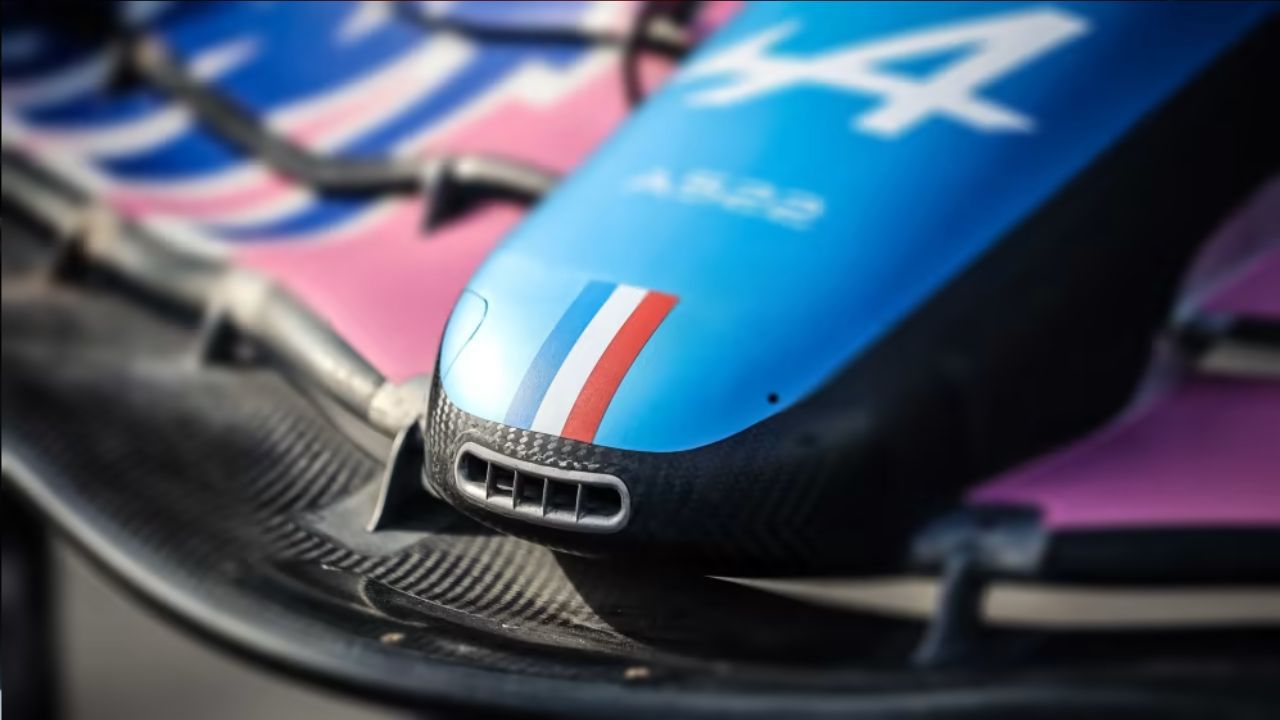
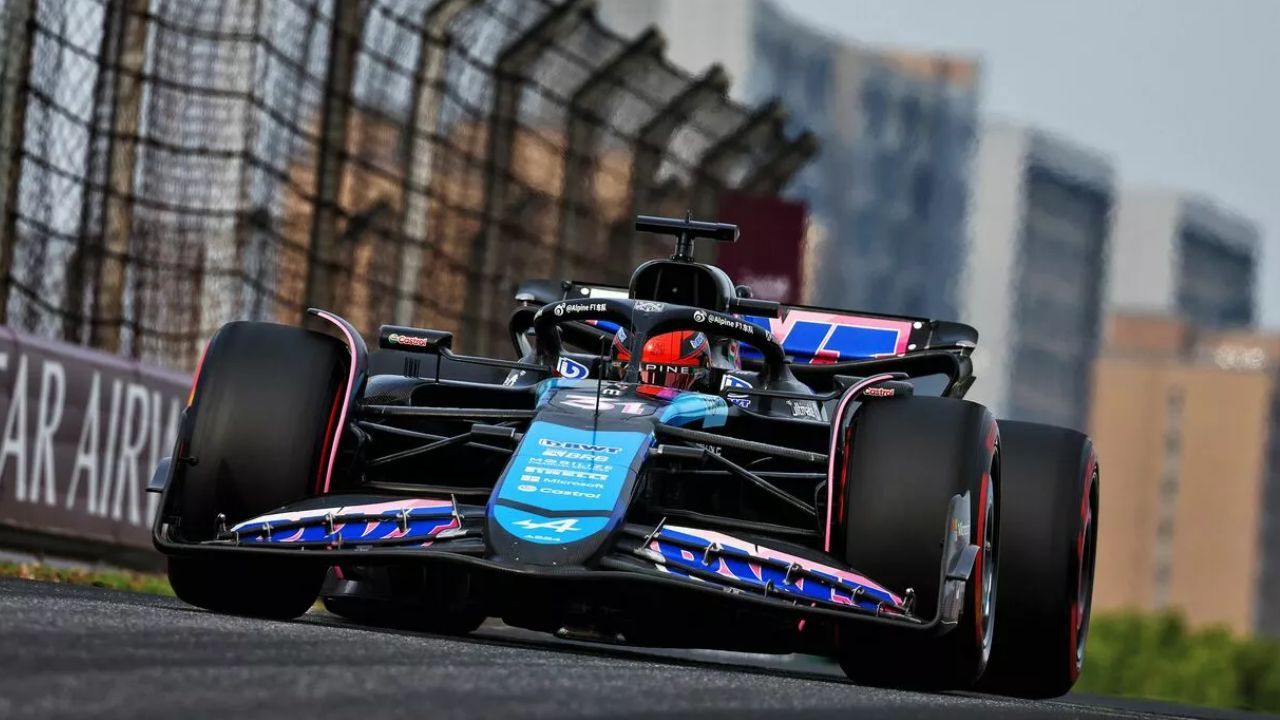
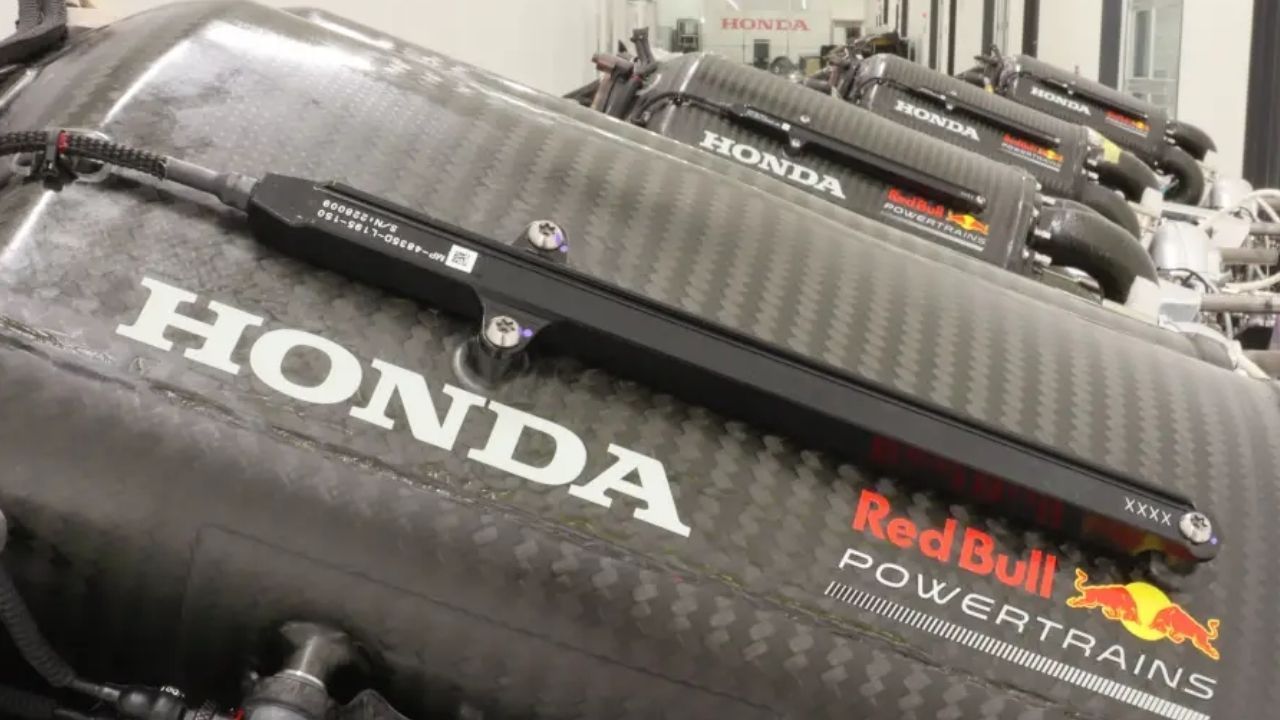
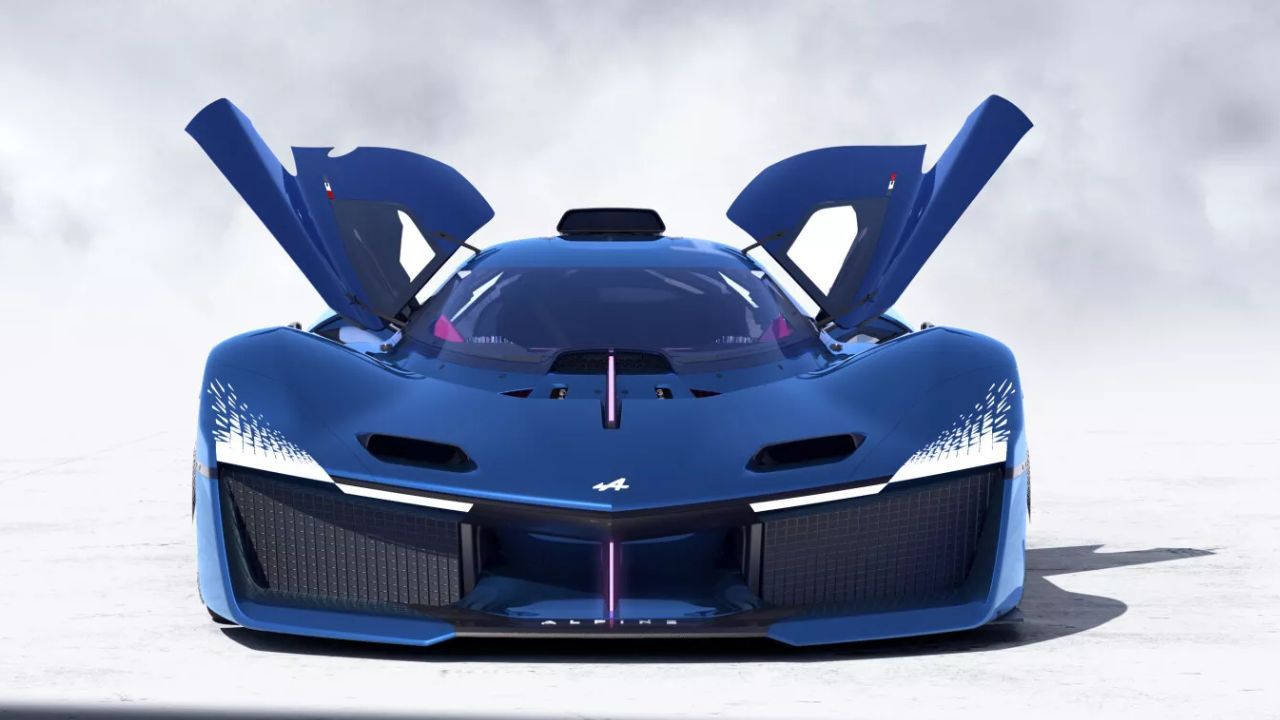

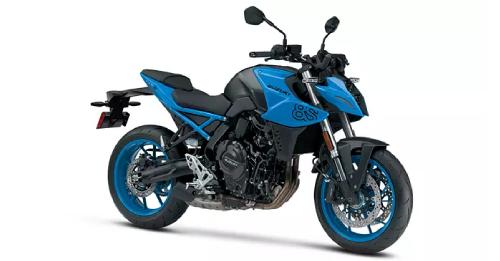
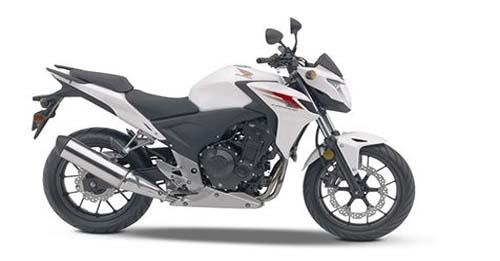


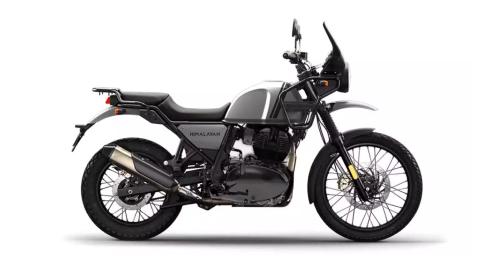

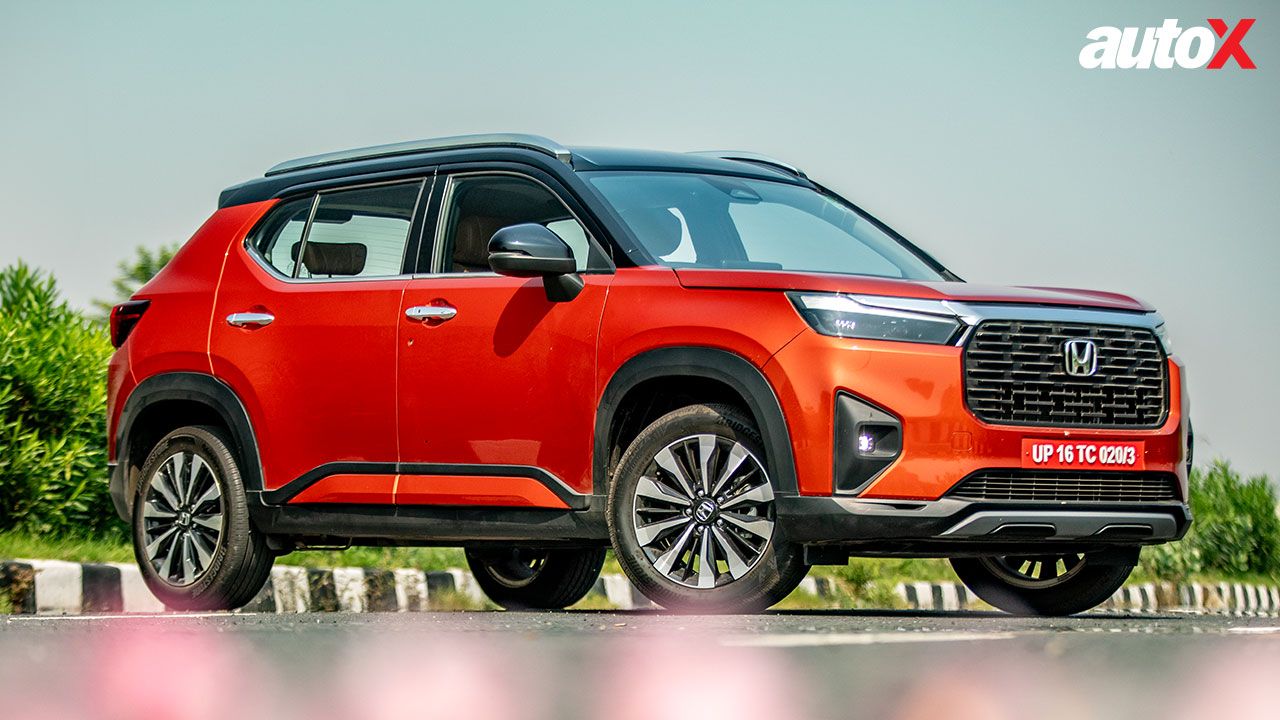


.webp)
Write your Comment on